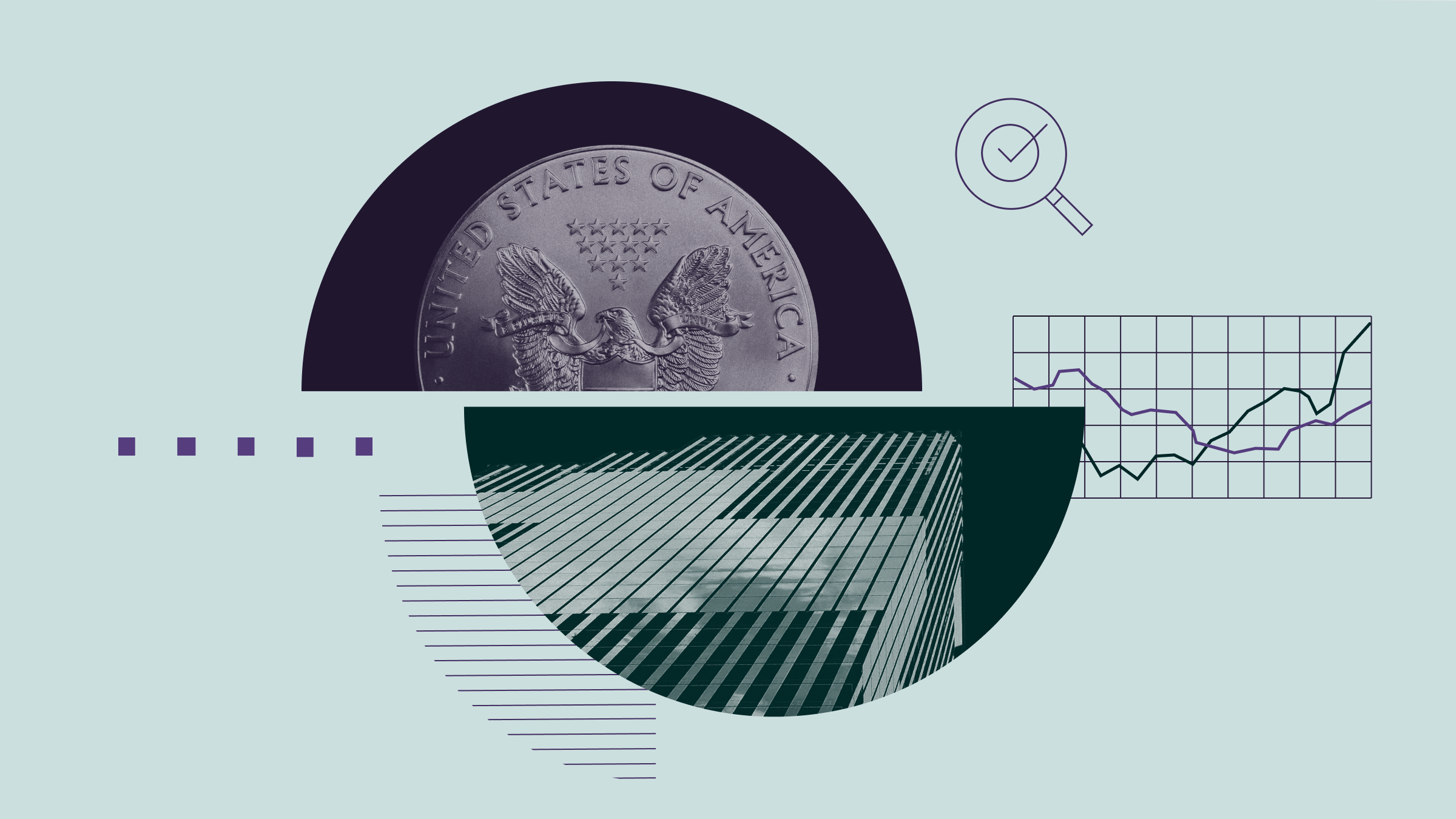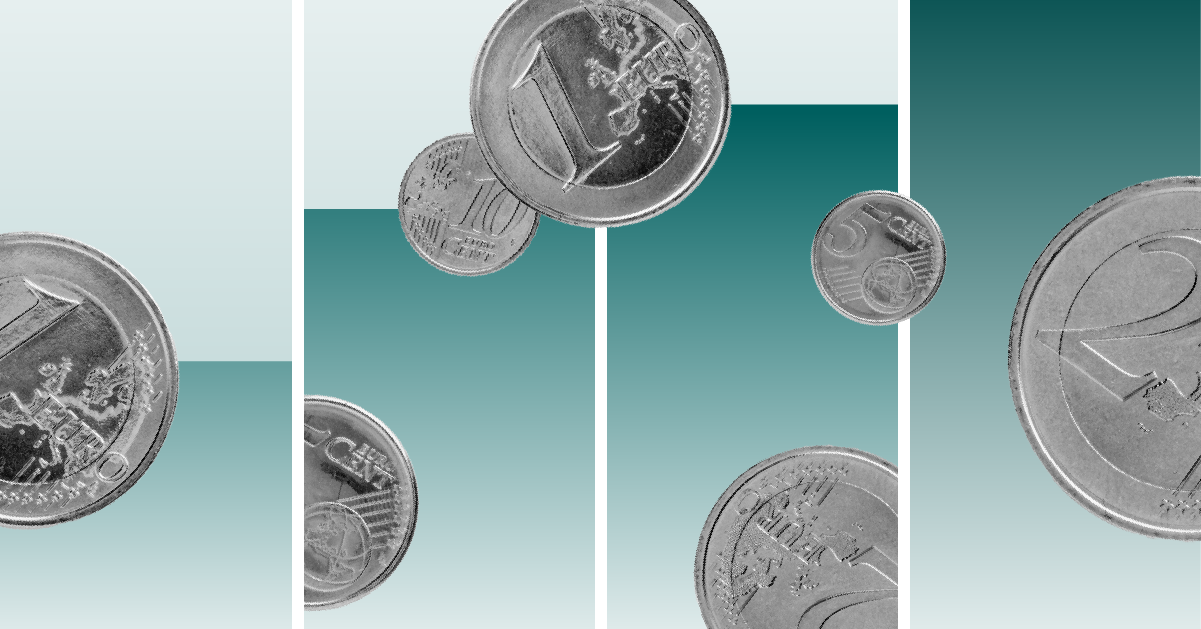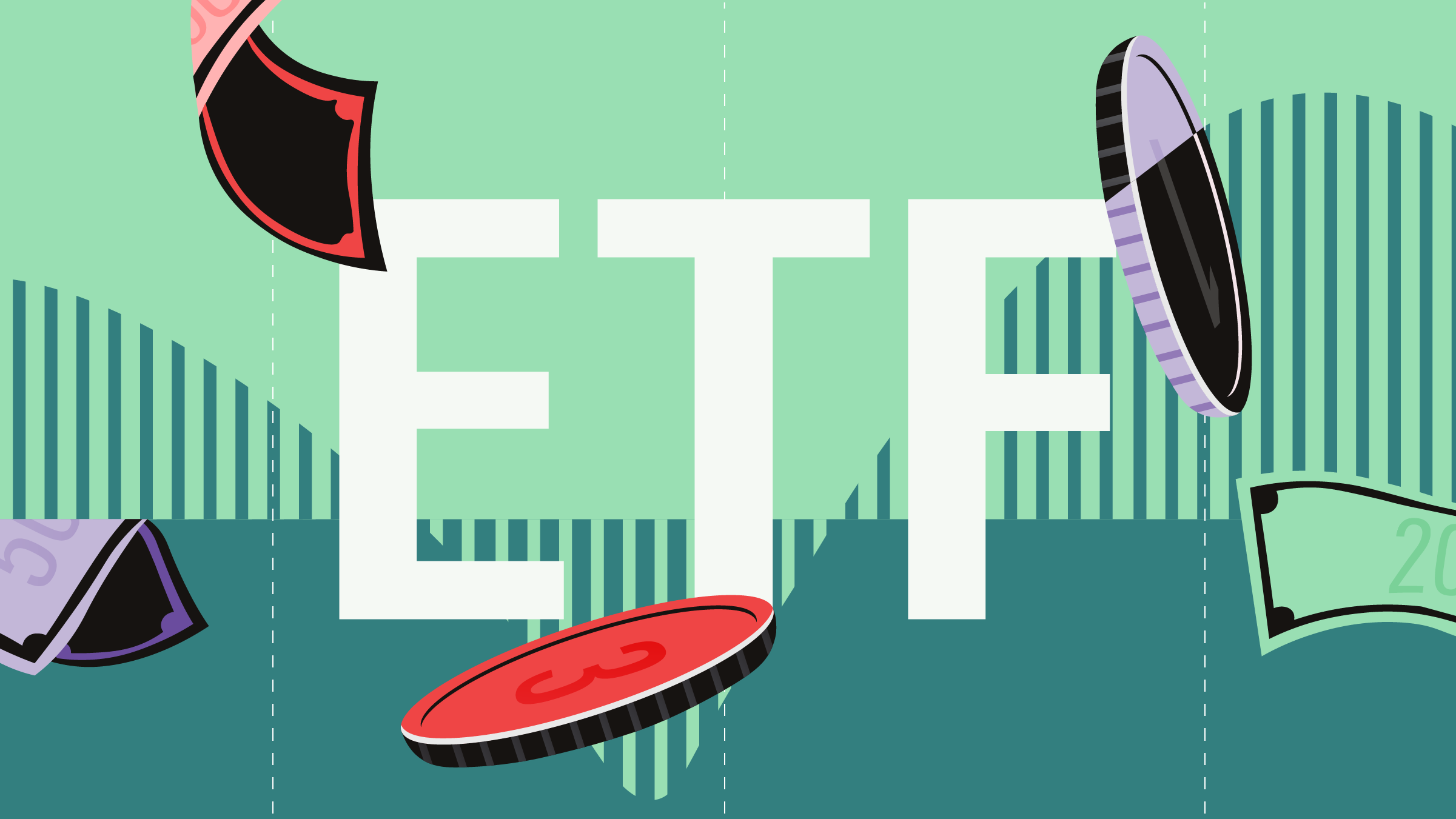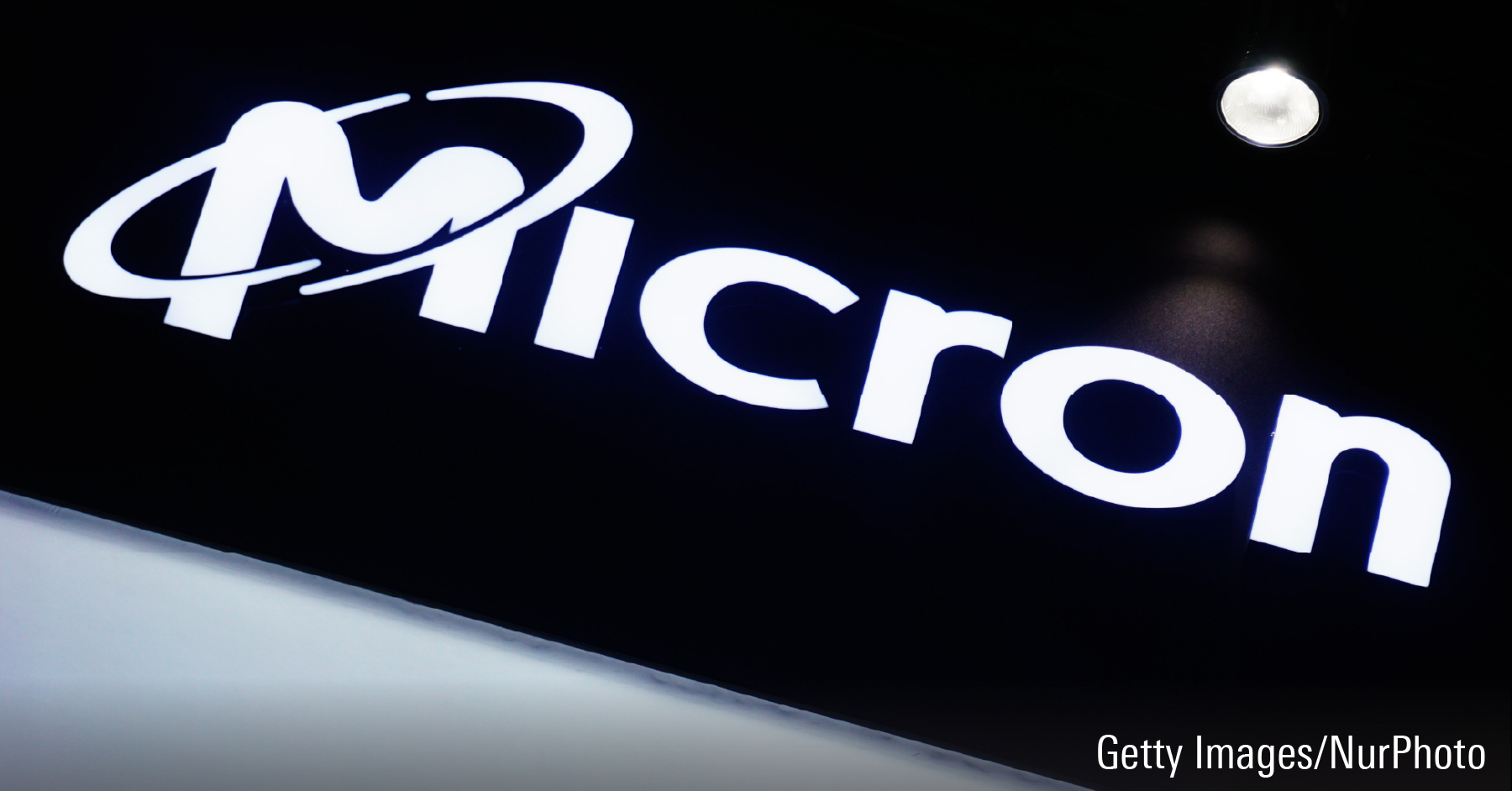We are transferring coverage of Workday and maintaining the company's wide moat rating. Workday sells cloud-native human capital management, or HCM, and financial management platforms that assist with enterprises' back-office workflows. These systems handle critical day-to-day operations data, and customers usually stay with the same vendor for decades. Workday boasts a gross retention rate of over 95% and has had a net retention rate of over 100% for more than seven years in a row, underpinning high switching costs that support a wide economic moat. We are maintaining the company's $300 fair value estimate and currently view shares as undervalued.
Show me how fair value is derived (00:41)
Morningstar calculates the fair value estimate of a company based on a projection of how much cash the company will generate in the future. Morningstar analysts create custom industry and company assumptions to feed income statement, balance sheet, and capital investment assumptions into a proprietary discounted cash flow modeling template. Scenario analysis, in-depth competitive advantage analysis, and a variety of other analytical tools are used to augment the discounted cash flow process. The analyst discounts future cash flows using the weighted average of the costs of equity, debt, and preferred stock (and any other funding sources), using expected future proportionate long-term, market-value weights.
The Morningstar Fair Value Estimate is a projection/opinion and not a statement of fact. If Morningstar's base-case assumptions are true the market price will converge on Morningstar's fair value estimate over time, generally within three years. Investments in securities are subject to market and other risks. Past performance of a security may or may not be sustained in the future and is no indication of future performance.















